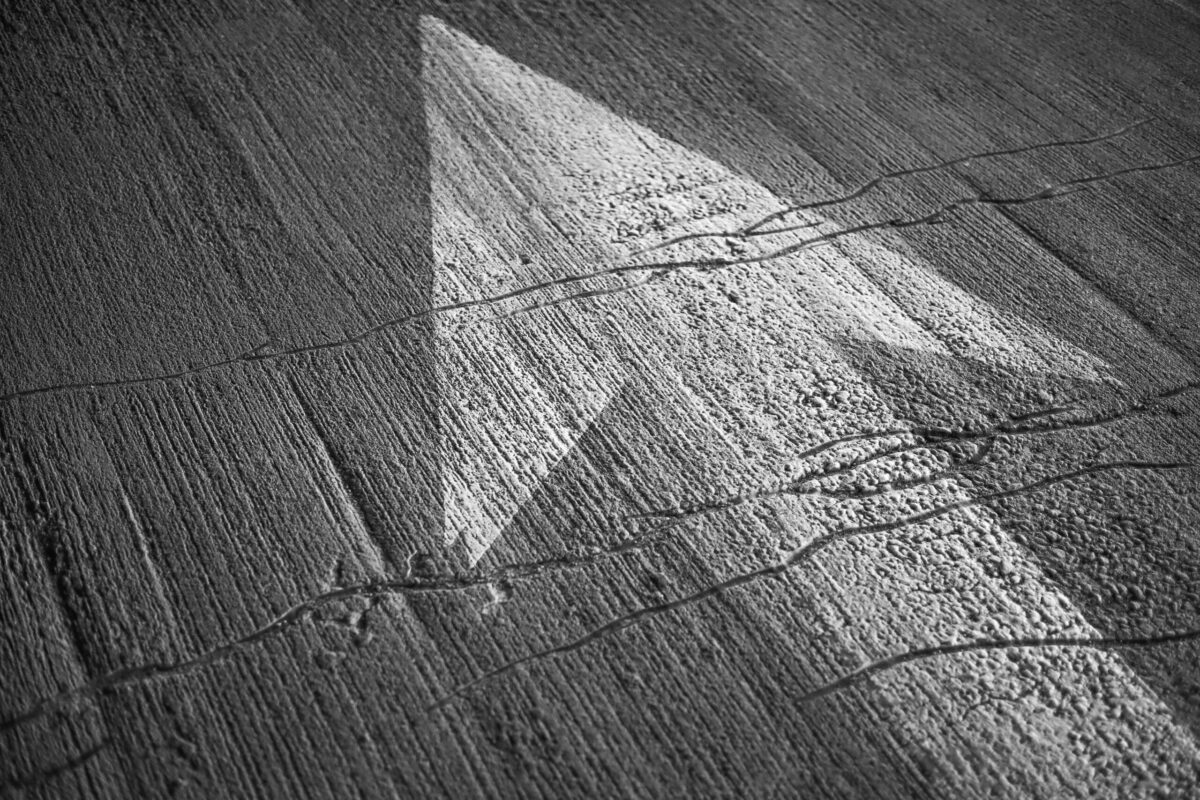Grayscale Investments, a leading digital asset manager, has applied to the United States Securities and Exchange Commission (SEC) to create a spot Solana ($SOL) exchange-traded fund (ETF).
The application, submitted on 3 December, includes plans for the ETF to trade on the New York Stock Exchange under the ticker GSOL.
Grayscale aims to turn its current Grayscale Solana Trust into the ETF, similar to how it previously converted its Bitcoin ($BTC) and Ethereum ($ETH) trusts into spot ETFs.
The company describes the Solana Trust as the largest Solana investment fund in the world, managing assets worth $134.2 million. “The Trust holds about 0.1% of all Solana tokens in circulation,” Grayscale stated.
If approved, Coinbase Custody will act as the custodian for the ETF, managing the assets securely. BNY Mellon, through its asset servicing division, will oversee administrative duties and act as the transfer agent.
Growing competition among spot Solana ETFs
Grayscale’s application puts it in direct competition with other companies seeking SEC approval for spot Solana ETFs.
This includes firms like 21Shares, Canary Capital, VanEck, and Bitwise. Additionally, Franklin Templeton, a major asset manager, is also considering a similar product.
For Grayscale’s spot Solana ETF to launch, the SEC must approve two key filings. First is the 19b-4 form, which proposes a rule change to allow the ETF’s listing on an exchange.
Second, the S-1 registration statement is required to officially list the ETF on a public stock exchange.
Grayscale has already proven its ability to meet strict regulatory requirements through the successful launch of its Bitcoin and Ethereum ETFs.
This experience could give the company an advantage in the crowded field of spot ETF applicants.
However, approval is far from guaranteed. The SEC has historically been cautious about approving spot cryptocurrency ETFs. Its main concerns include potential market manipulation and the lack of sufficient oversight.
While recent developments suggest the SEC is becoming more open to crypto-based products, it remains to be seen how the agency will respond to Grayscale’s filing.
Solana’s market performance drives interest
The filing comes at a time when Solana’s popularity and price have surged. Over the past year, Solana’s value has increased by an impressive 277%.
The cryptocurrency now has a market cap exceeding $112 billion and is currently trading at $238 per token, up 4% since Grayscale announced its application.
Solana is often praised for its fast and low-cost transaction capabilities. These features have helped it compete with Ethereum, particularly in areas like decentralised finance (DeFi), non-fungible tokens (NFTs), and Web3 applications.
This growing adoption has attracted significant interest from both retail and institutional investors.
Grayscale’s move reflects the increasing demand for spot cryptocurrency ETFs. Unlike futures-based ETFs, which track the price of contracts, spot ETFs provide direct exposure to cryptocurrencies.
This makes them a simpler and more transparent option for traditional investors who want to enter the digital asset market.
An approved spot Solana ETF could also boost the cryptocurrency’s standing in traditional finance. It would open the door for more institutional investors, helping to bridge the gap between blockchain technology and mainstream markets.
Grayscale’s filing is being closely watched by market participants. If approved, the spot Solana ETF would not only validate Solana’s position in the market but also set a precedent for similar ETFs in the future.
This development could further legitimise cryptocurrency as an asset class and encourage more financial institutions to integrate digital assets into their investment offerings.
At the same time, it underscores the growing role of blockchain technology in reshaping the financial system.
The SEC’s final decision remains uncertain and will weigh factors such as market readiness, the effectiveness of monitoring systems, and investor protections before reaching a verdict.


